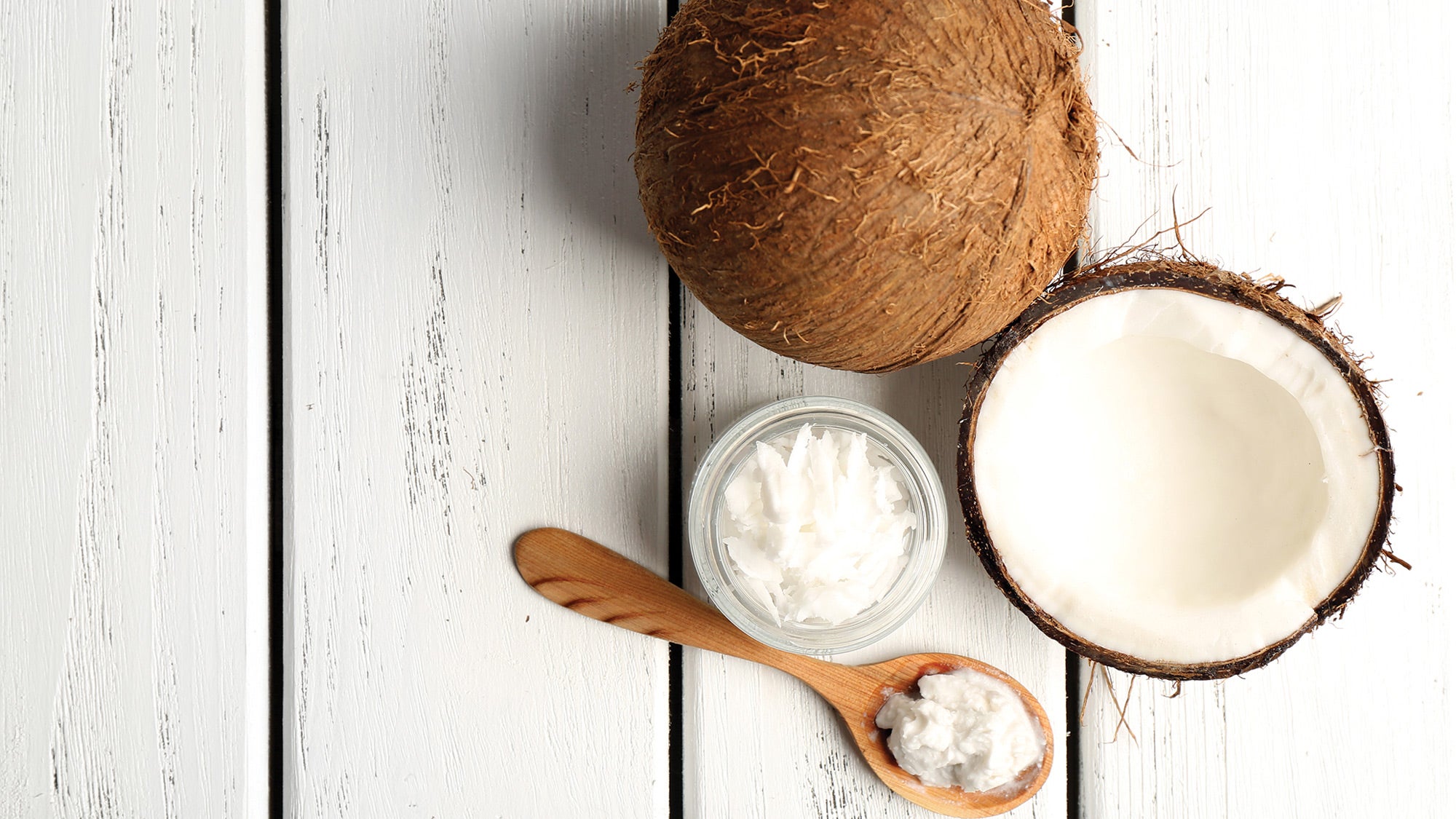Cracking the Coconut Craze

Coconut is having a major moment: From beverages to sweeteners and kitchen staples such as flour, milk and cold-pressed oils, rarely has a single ingredient transformed every aisle of the grocery store. Our love affair with this superfood has spilled over into body care, beauty products and household cleaners, too.
It’s easy to see why. As a versatile plant-based whole food that’s been enjoyed by humans for millennia, coconut sits smack-dab at the intersection of so many trends health-conscious eaters are following today. Oh, and it also happens to be extremely tasty and rich in electrolytes, amino acids, vitamins, minerals, antioxidants and fatty acids such as lauric acid. The latter is a medium-chain fatty acid with antimicrobial activity that converts to energy and other metabolites in the body (rather than fat), making it a useful aid in weight loss and maintenance. But don’t go overboard – the best approach is to enjoy it in moderation. Coconut oil, for example, packs in 120 calories per tablespoon. Our collective craze for coconuts is fueling a global surge in coconut production. From 2008 to 2014, global demand for Philippine coconuts surged more than 1,000%. And, according to market research company Technavio, coconut water is on track to become a nearly $4 billion industry by 2019.
While coconut production typically isn’t associated with the same deforestation practices of conventional palm oil, it still faces environmental and social hurdles such as monoculture farming (the process of growing a single crop within one specified farming area at a time), loss of native plants and biodiversity, poor government oversight and reliance on chemical fertilizers to help make up for aging stocks. Given that coconuts aren’t likely to show up in your CSA box anytime soon (Indonesia and the Philippines are the top producers), how does our obsession with coconuts square with our desire to live more sustainably?
Ethical Made Easy
Since most of us live thousands of miles away from where coconut products are grown and produced, knowing your brand’s back story is important. Here’s how to choose sustainable, transparent and ethically sourced coconut products so you can love every bite.
1. Support eco-friendly public-private partnerships. Partnerships with credible third-party conservation groups boost transparency, provide accountability and measure impact meaningfully. Pure Brazilian Coconut Water has partnered with Conservation International to replenish 1 square foot of the Amazon Rainforest for every bottle sold, or 12 square feet for every two cases purchased. This helps Brazil meet their Paris climate agreement commitment of restoring 12 million hectares by 2030. TRY: Pure Brazilian Coconut Water (use promo code CLEAN to get 40% off your order with free shipping; $36 per 12 bottles, drinkpb.com)
2. Choose organic or Fair Trade Certified. Organic certification requires adherence to a rigorous set of farming practices, including the use of methods to help promote ecological balance and the banning of chemical fertilizers. Fair Trade Certified is a type of third-party certification that helps ensure farmers – and not the middlemen – receive more of the financial benefits. (It’s estimated that 60% of coconut farmers in the Philippines live below the poverty line.) These certifications also ensure that farmers adhere to a higher set of environmental standards that help maintain soil quality, preserve water, conserve farm biodiversity and more. TRY: Big Tree Farms Organic Coco Aminos ($7.50, iherb.com)
3. Look for high-quality cold-pressed or raw oils. Raw or cold-pressed coconut oils and coconut meat typically contain higher levels of naturally occurring polyphenols, plus you sidestep the fossil fuels and chemicals that are typically used for processing less-expensive but highly refined options. TRY: Aunt Patty’s Organic Fair Trade Unrefined Virgin Coconut Oil ($10 per 12 oz jar, glorybee.com)
4. Opt for coconut powder. Some companies are dehydrating coconut milk and water at the source and shipping as powders instead, lowering the packaging waste and fossil fuels required to ship all that nutritional goodness as heavier liquids. Simply add the powder into warm or cold water and stir, or add to smoothies or teas. TRY: Essona Organics USDA Certified–Organic Coconut Milk Powder ($30, essona.com)